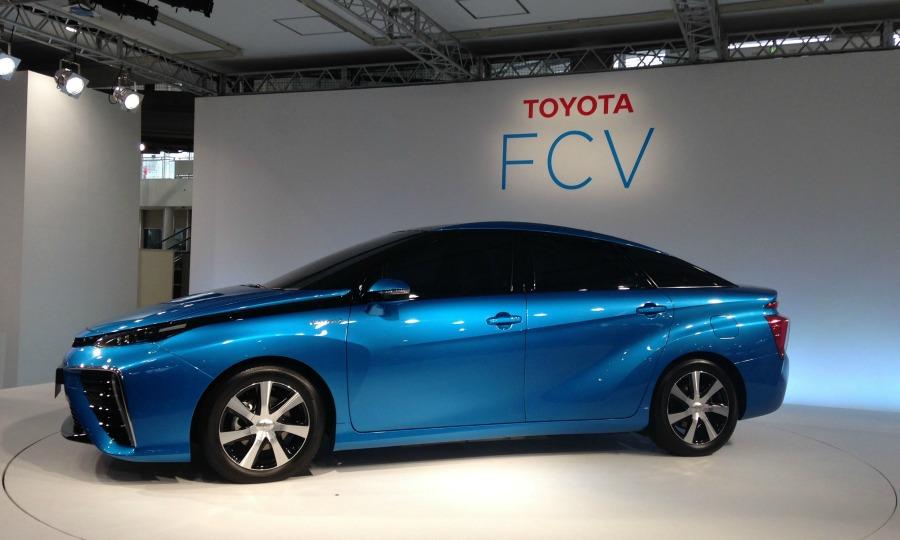For the longest of times, Toyota has been confident about its own Hydrogen Fuel Cell technology and hybrids, opting to produce these over fully electric vehicles. With the tide turning in favour of EVs, the Japanese giant has finally given in and promises to make ten new e-cars by the early 2020s.
While Toyota has been content with making hybrids and researching over hydrogen fuel cells, other players in the business are already far ahead. Companies like General Motors, Nissan, Tesla are steadily advancing in the battery-car game, and are selling practical EVs around the $30,000 price tag. Toyota doesn't have a single full-electric car in its lineup and intends to change that.
A Japanese daily, Chunichi Shimbun, claims that Toyota is hard at work developing advanced solid-state battery systems to meet with their own aim of making a roadgoing all-electric car by 2022. The solid-state batteries are purported to be safer than the current lithium-ion battery packs, with less weight size, temperature and charging times. The resultant EV will sit on its own platform. Kayo Doi, a Toyota spokeswoman, admitted that Toyota was intending to commercialize all solid-state batteries by the early 2020s.
Toyota is a little late to the EV game and intends to push through to the forefront by means of sheer engineering brawn. On the first day of the year 2018, the Japanese automaker unveiled a new plan, under which it will start making more than 10 BEVs (Battery-powered Electric Vehicles) by the early 2020s. The cars will be introduced first in China, followed by Japan and eventually India, USA, and Europe.
Toyota also aims to add an electric variant to each of its models, even those under subsidiaries like Lexus. The end goal is to sell some 5.5 million petrol-electric hybrids, plug-in hybrids, EVs, and hydrogen fuel cell vehicles by 2030.


